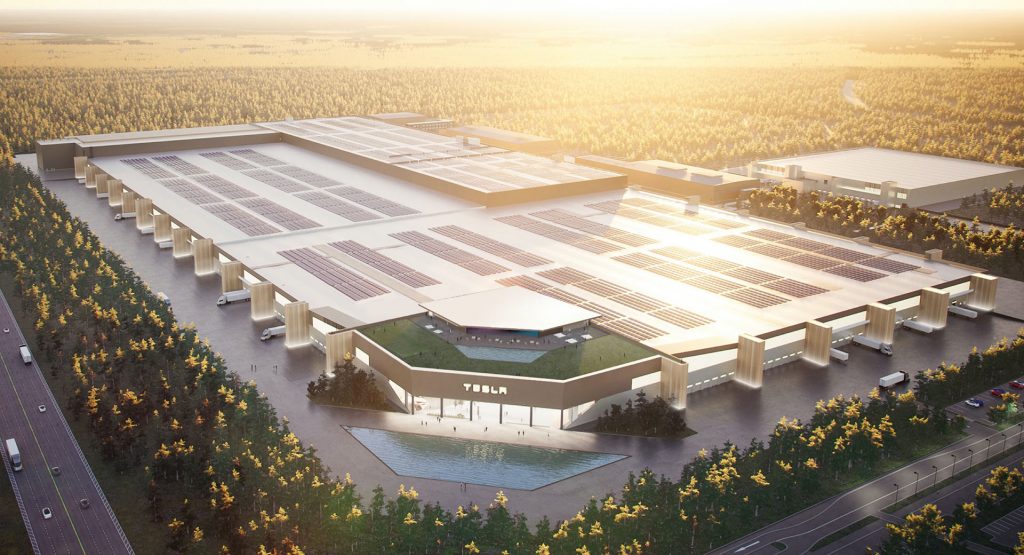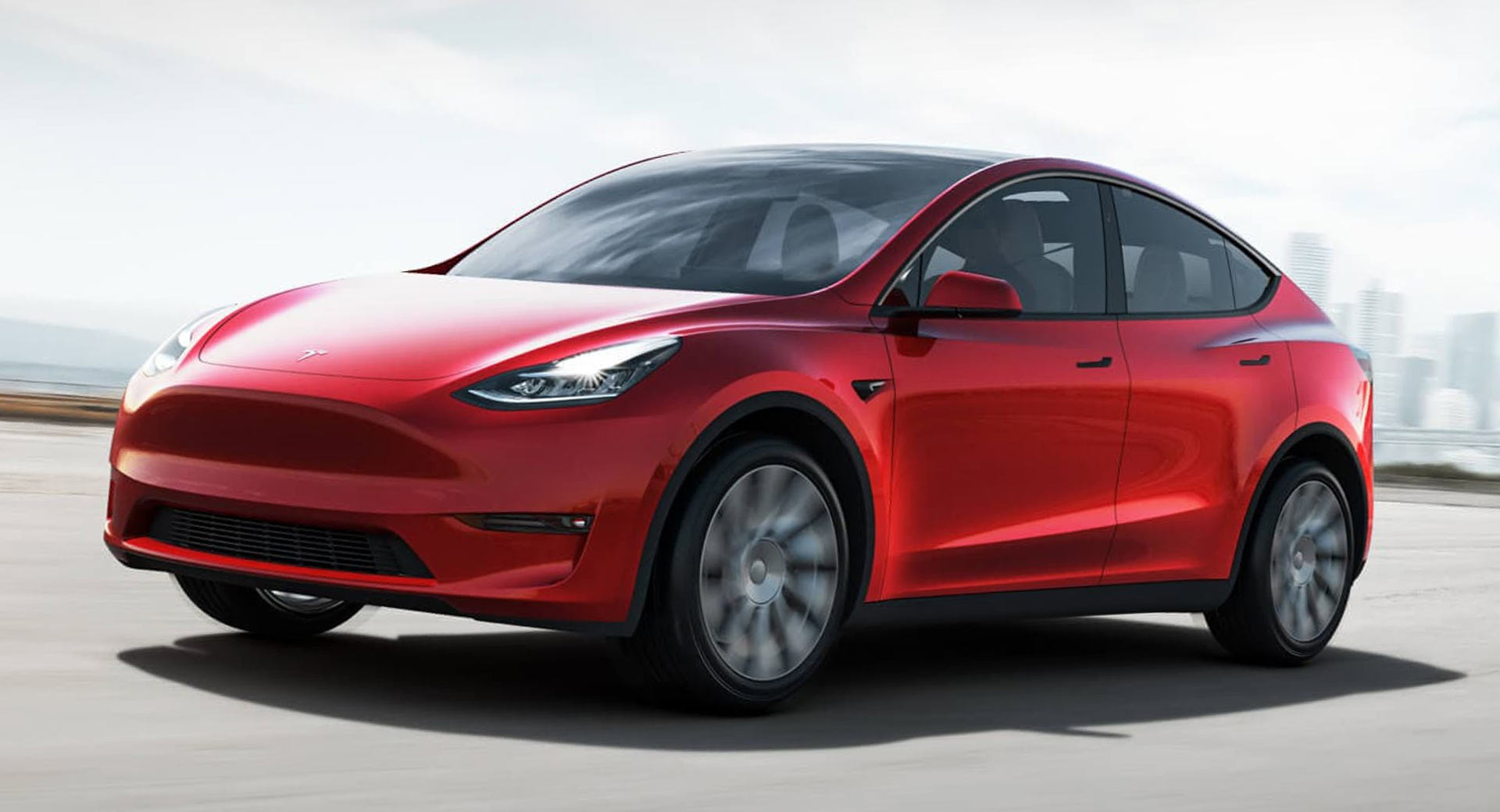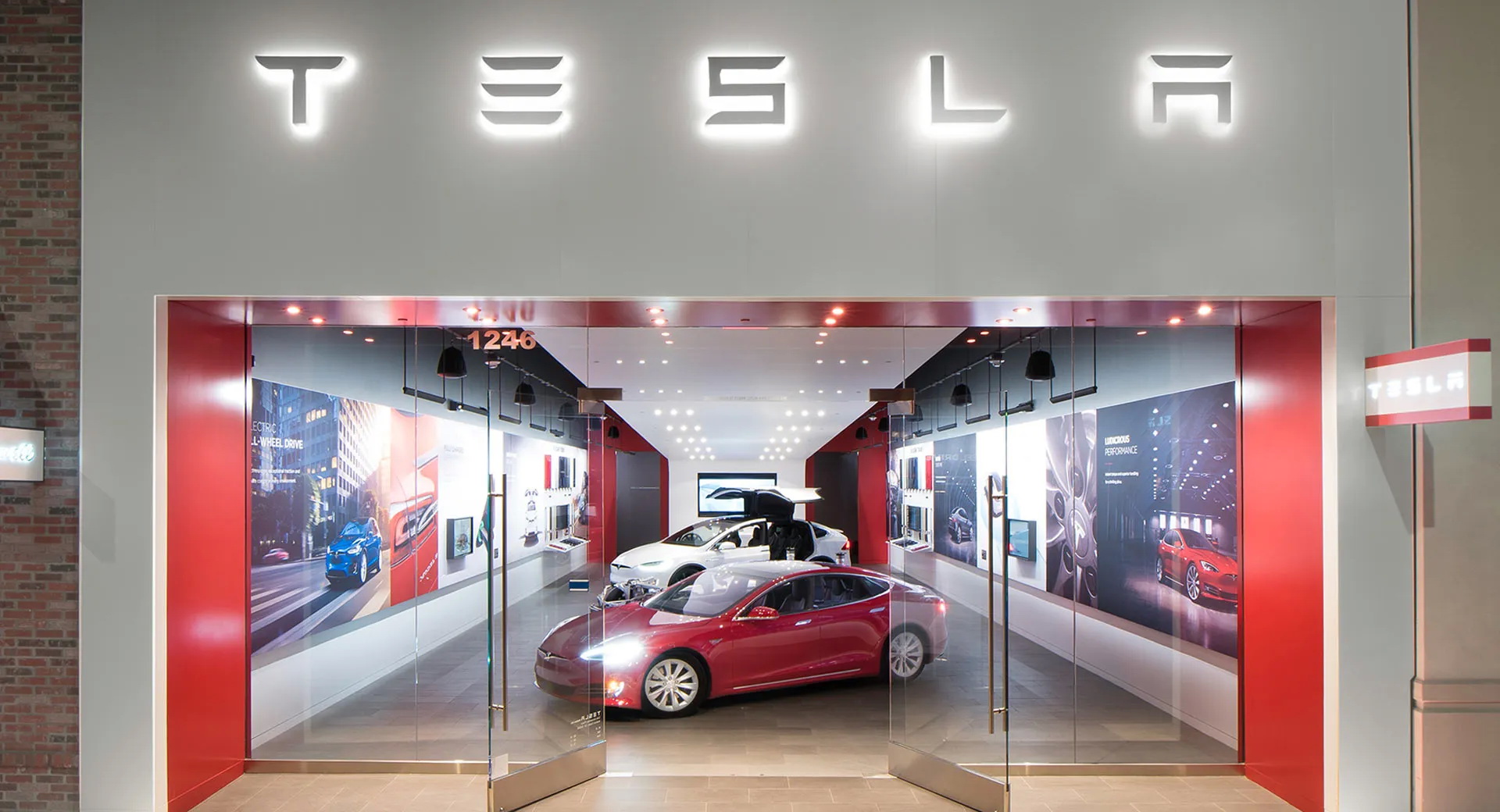Tesla may be courted by a promise from Indian officials to incentivize the manufacture of EVs in the South Asian nation, according to a report from Reuters. Speaking to the news outlet, transport minister Nitin Gadkari says that the Indian government is willing to ensure that production costs are lower than that of China.
The move could be seen as a power-play on India’s part. Delhi has become increasingly concerned by China’s growing influence in the region and indeed the world. Securing the local manufacture of Tesla’s EVs would also help bolster India’s drive to reduce vehicle emissions, decrease imports, and increase export potential.
However, policy surrounding the electrification of cars is practically non-existent compared to that of China. Last year, of the 2.4 million vehicles sold in India, only 5000 were EVs — barely 0.2%. On the other hand, China sold 20 million cars in 2020, with 1.25 million being electric. What’s more, a third of Tesla’s global sales were made in China.
See: Tesla Is Preparing To Enter The Indian Market In 2021
The Reuters report notes that India lacks clear framework for electric vehicles, which is in stark contrast to China’s policy on electric car development and rapidly widening EV infrastructure. However, with India keen to reduce pollution in major cities, increased production of EV and electrified vehicles are being explored as a solution.
India’s car manufacturers, some of whom continue to sell unsafe vehicles to the Indian public, are calling for the proposed deadline of 2022 for stricter emissions and economy regulations to be extended. The lack of infrastructure surrounding EVs is also a potential turn-off for largescale Tesla manufacture.
However, just weeks ago Tesla CEO, Elon Musk, registered a company in Bangalore. While there’s nothing to suggest that Tesla is looking at a manufacturing plant just yet, Tesla will offer their range of cars soon.
With many major automakers manufacturing in India, including Hyundai, Mercedes-Benz, and BMW, a factory from Tesla could be seen as a pre-emptive move on Musk’s part. However, with an increasing market share in China, any investment in an Indian plant would likely supplement Chinese manufacture.






